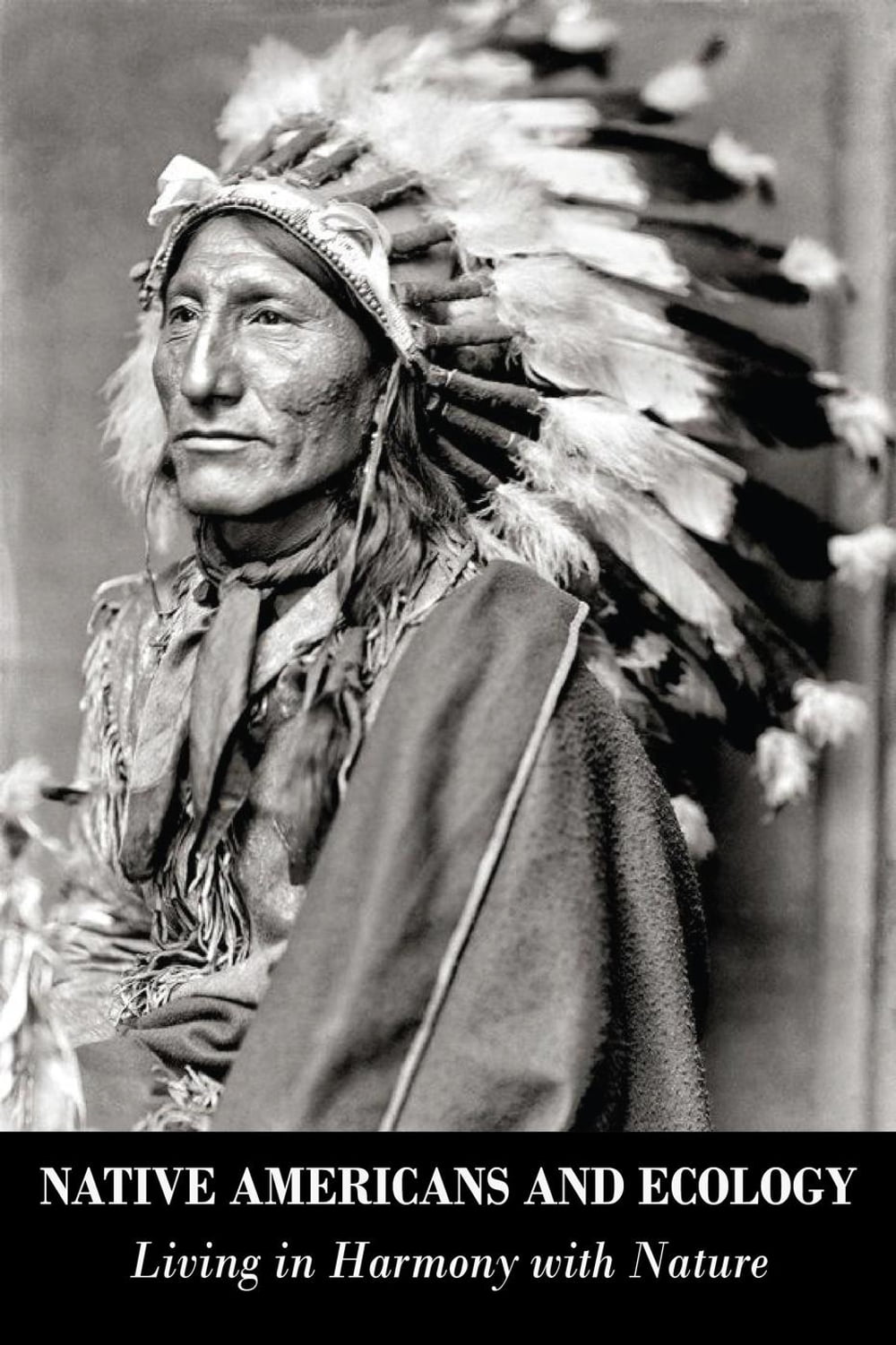Native Americans and Ecology Living in Harmony with Nature
Indian religious beliefs are intrinsically ecological since they regard nature as sacred. Before the European invasion, the various tribes who inhabited North America had been here for tens of thousands of years. They developed economically sustainable hunting-and-gathering economies that were respectful of the environment. They did not consider themselves ruling over nature but as part of nature. Humanity was sacred, but so were the animals and vegetation that sustained it. Even the soil, the minerals, and the rest of the material world were part of a great chain of being. The Indian draws upon ritual to maintain a sustainable relationship with nature. These rituals functioned as a surrogate for ecological science. Instead of measuring soil acidity in test-tube or attaching radio transmitters to bears, they simply relied on empirical observation of their environment that they had mastered. For example, the Hopi Indians had identified 150 different plant types in their ecosphere and knew the role of each. There is even evidence that they had learned from mistakes in their past. If overfishing or hunting had punished a tribe with famine, it developed a myth to explain the dangers of such practices. Our modern, "scientific" society has no tales that function in this manner. We will simply exhaust all fishing stock in the oceans because there is profit in it for some. The Indians thought that the waste of natural resources was insane, especially for profit. The Paiute of Nevada tells a story of a trapper who has caught a coyote. When the trapper was about to shoot the animal, it told him, "My friend, we as people have found it necessary to warn you against trapping us, taking from our bodies our skins, and selling them for your happiness."
-
Autore:
-
Anno edizione:2021
-
Editore:
-
Formato:
-
Lingua:Inglese
Formato:
Gli eBook venduti da Feltrinelli.it sono in formato ePub e possono essere protetti da Adobe DRM. In caso di download di un file protetto da DRM si otterrà un file in formato .acs, (Adobe Content Server Message), che dovrà essere aperto tramite Adobe Digital Editions e autorizzato tramite un account Adobe, prima di poter essere letto su pc o trasferito su dispositivi compatibili.
Cloud:
Gli eBook venduti da Feltrinelli.it sono sincronizzati automaticamente su tutti i client di lettura Kobo successivamente all’acquisto. Grazie al Cloud Kobo i progressi di lettura, le note, le evidenziazioni vengono salvati e sincronizzati automaticamente su tutti i dispositivi e le APP di lettura Kobo utilizzati per la lettura.
Clicca qui per sapere come scaricare gli ebook utilizzando un pc con sistema operativo Windows



